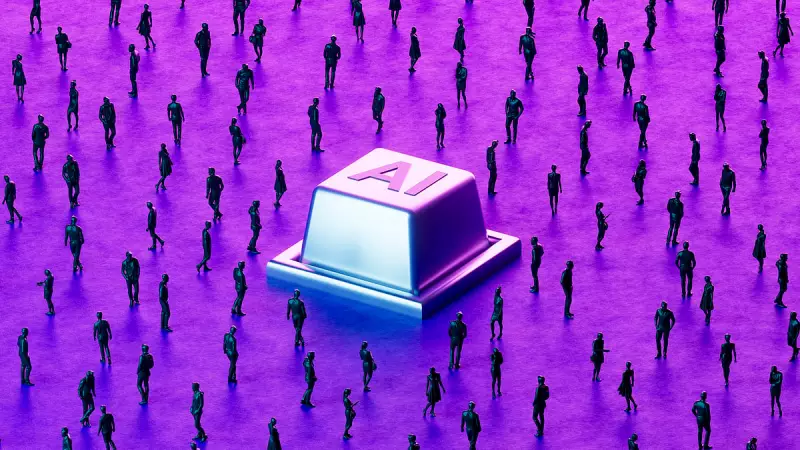
Artificial intelligence systems are facing unprecedented legal challenges as new court cases seek to hold AI accountable for generating false and damaging information. A novel legal concept that could redefine responsibility for automated content has captured the attention of legal experts worldwide.
The Emerging Legal Battlefield
Recent court filings aim to classify content created by artificial intelligence as potentially defamatory, marking a significant shift in how the legal system views machine-generated information. This development comes as AI systems become increasingly sophisticated in creating human-like text, images, and other content that can potentially harm reputations and spread misinformation.
The legal actions represent a groundbreaking attempt to establish precedent for situations where AI systems produce inaccurate, misleading, or harmful content about individuals or organizations. Legal experts are closely monitoring these cases, recognizing they could set important standards for the rapidly evolving field of artificial intelligence.
Redefining Responsibility in the Age of AI
These pioneering lawsuits raise fundamental questions about accountability in the digital age. When an AI system generates false information that damages someone's reputation, who should be held responsible—the developers, the users, or the technology itself? This legal gray area has become increasingly urgent as AI tools become more accessible and powerful.
The court cases specifically target the defamatory potential of AI-generated content, arguing that existing laws should adapt to cover situations where machines, rather than humans, create damaging falsehoods. This approach challenges traditional legal frameworks that typically require human intent for defamation claims.
Global Implications for AI Development
The outcome of these legal battles could have far-reaching consequences for how artificial intelligence is developed and deployed globally. Legal experts note that establishing clear liability frameworks is crucial for both protecting individuals and fostering responsible AI innovation.
As AI systems become more integrated into daily life—from customer service chatbots to content creation tools—the need for legal clarity around their potential for harm becomes increasingly pressing. These cases represent an important step toward defining the boundaries of AI responsibility and establishing precedents that could shape technology regulation for years to come.
The legal community remains divided on how best to approach these challenges, with some advocating for new legislation specifically addressing AI, while others believe existing laws can be adapted to cover emerging technologies. What remains clear is that the conversation around AI accountability is just beginning, and these initial court cases will likely be the first of many.






